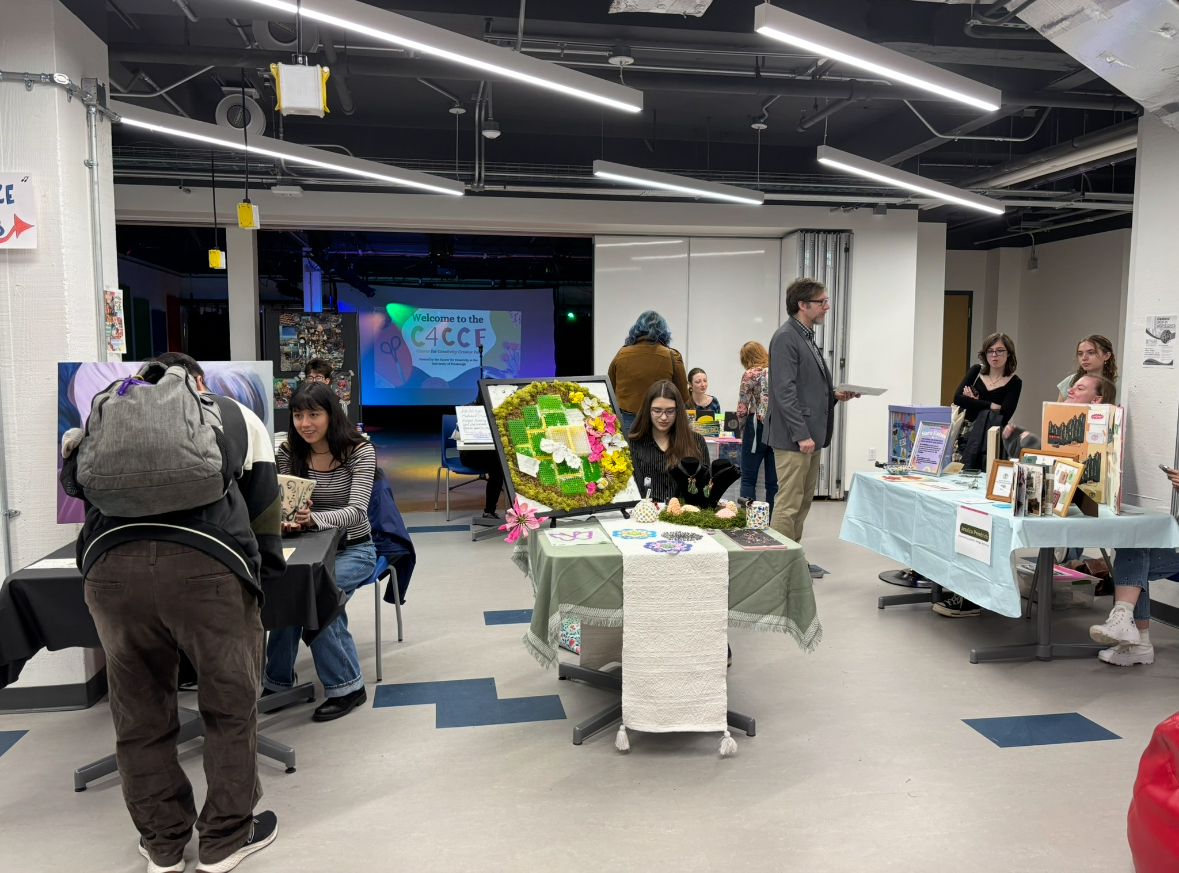Play It Safe fair uses true stories to educate
April 9, 2003
One mother worried about sending her daughter to Pitt when she saw the sexual assault… One mother worried about sending her daughter to Pitt when she saw the sexual assault statistics Tuesday in the William Pitt Union, but representatives at the Play It Safe fair told her the statistics reflect similar risks found throughout the country, according to Anne Gill.
Gill, a psychology intern from the counseling center, said she and other representatives told the woman she could teach her daughter about how to be careful and what precautions can be taken to prevent becoming a victim.
That type of information was available for free as part of Pitt’s Sexual Assault Awareness Week. Representatives from several organizations including Pitt’s Greek system, Health Education Services, Magee-Womens Health, the Pitt police and Pittsburgh Action Against Rape were present. Students could ask the representatives questions, pick up literature about their services and what resources their respective organizations offer, make T-shirts to show their support for ending sexual assaults and play sexual assault trivia games to win prizes.
The Center for Victims of Violent Crime’s “The Shoe Project” brought life to a few of the 350,000 reported victims of sexual violence in the last decade in Pennsylvania. The presentation had true-life stories of men, women and children who all have become victims.
Danielle Graham, a community educator and outreach advocate for the center, said the presentation allowed people to walk in the shoes of people who have survived after becoming a victim and some who have not. It shows that victims come from different age, economic and social groups, she added.
“It takes you to a place you don’t normally go,” Graham said about the presentation.
Most of the feedback she received about the project was positive; however, she said that some Resident Assistants were concerned about one of the stories that involved an RA and a student living in a dorm. The student was being assaulted by the RA and when the student said he would report the crime if it continued. The RA threatened the student by saying the student would be forced to leave if the assault was reported.
“Anybody can become a victim, and anyone can be a perpetrator,” Graham said. “It’s not just a certain type of people who are affected by [sexual assault].”
Another one of the stories was scrawled across a kitchen tile floor. It was about a woman making dinner when her husband returned home from work in a miserable mood, and he wanted her to have sex with him. She said no.
But the rest of the story read, “Before I knew it, I was pinned to the floor and he was forcing me to have sex. We’ve only been married a year, and this has happened twice before. I know wives are supposed to satisfy their husbands, but is it supposed to work this way?”
Many people do not recognize they are in an unhealthy relationship, according to Ebony Hughes and Kelley Shell, a community nurse educator and a community educator assistant from Magee-Womens Health.
They added that a healthy relationship is one where there is no fear, people can be themselves and both partners respect each others’ safety, health and rights.
Mary Ruiz, Pitt’s sexual assault services coordinator, said it is easy for students on campus to forget about the dangers of assaults. This week is supposed to remind students to be alert, cautious and to take better care of themselves, she added.


